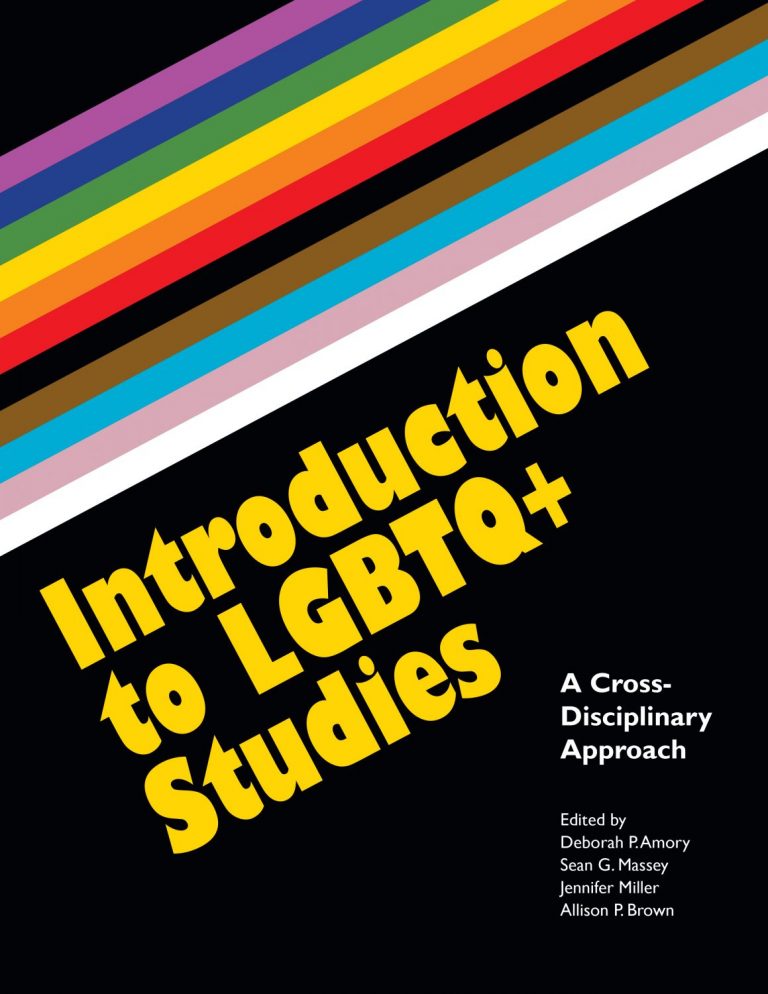
The databases and catalogs in our library organize their information according to the Libray of Congress subject headings. These headings were created over many decades and highlight the unconscious and conscious biases that exist in our society historically and now. These headings are slow to change and can include outdated, inappropriate, or even offensive terminology.
These subject headings are not a reflection of the values of the Pollak Library and the people who work here. This library strives to be a welcoming and safe space for everyone in our community.
Many librarians and other information professionals are working hard to change these headings to include more inclusive, anti-racist, and use person-first language. For more information about this issue and the work underway, visit the resources below.
Queer theory is a critical theory that examines and critiques society's definitions of gender and sexuality, with the goal of revealing the social and power structures at play in our everyday lives. In particular, queer theory can serve as a lens to examine subjects outside the boundaries of traditional gender and sexuality binaries that assume that heterosexuality and cisgender are "the norm."
This idea evolved out of the works of philosopher Michel Foucault, who argued that gender and sexual identities are not biologically determined, but are the result of the social constructs that shape our understanding of society and culture. Though the term was used informally in the 1980s by scholars like Gloria Anzaldúa, "queer theory" gained traction in the academic world during the 1990s through the work of Theresa de Laurentis, Judith Butler, Michael Warner, David Halperin, and many more.
Queer Theory is a continuously growing field, though many works are found in post-colonial studies, film and media studies, literary studies, philosophy, and in parts of sociology and psychology. Below is a list of resources for learning to use queer theory in research.
Queer theory is an evolving field that responds to social and political changes in our world. Over the last 30 years, scholars and knowledge bearers from across the disciplines and the globe have contributed. Explore the resources below to learn more about the history and advancement of queer theory and some of the prominent sub-sections within this field.
 Introduction to LGBTQ+ Studies: A Cross-Disciplinary Approach
by
Deborah P. Amory; Sean G. Massey; Jennifer Miller; and Allison P. Brown
Introduction to LGBTQ+ Studies: A Cross-Disciplinary Approach
by
Deborah P. Amory; Sean G. Massey; Jennifer Miller; and Allison P. Brown
This site is maintained by Pollak Library.
To report problems or comments with this site, please contact
libraryanswers@fullerton.edu.
© California State University, Fullerton. All Rights Reserved.
CSUF is committed to ensuring equal accessibility to our users. Let us know about any accessibility
problems you encounter using this website.
We'll do our best to improve things and get you the information you need.
CSUF events are open to all who are interested or would like to participate, regardless of race, sex, color, ethnicity, national origin, or other protected statuses.